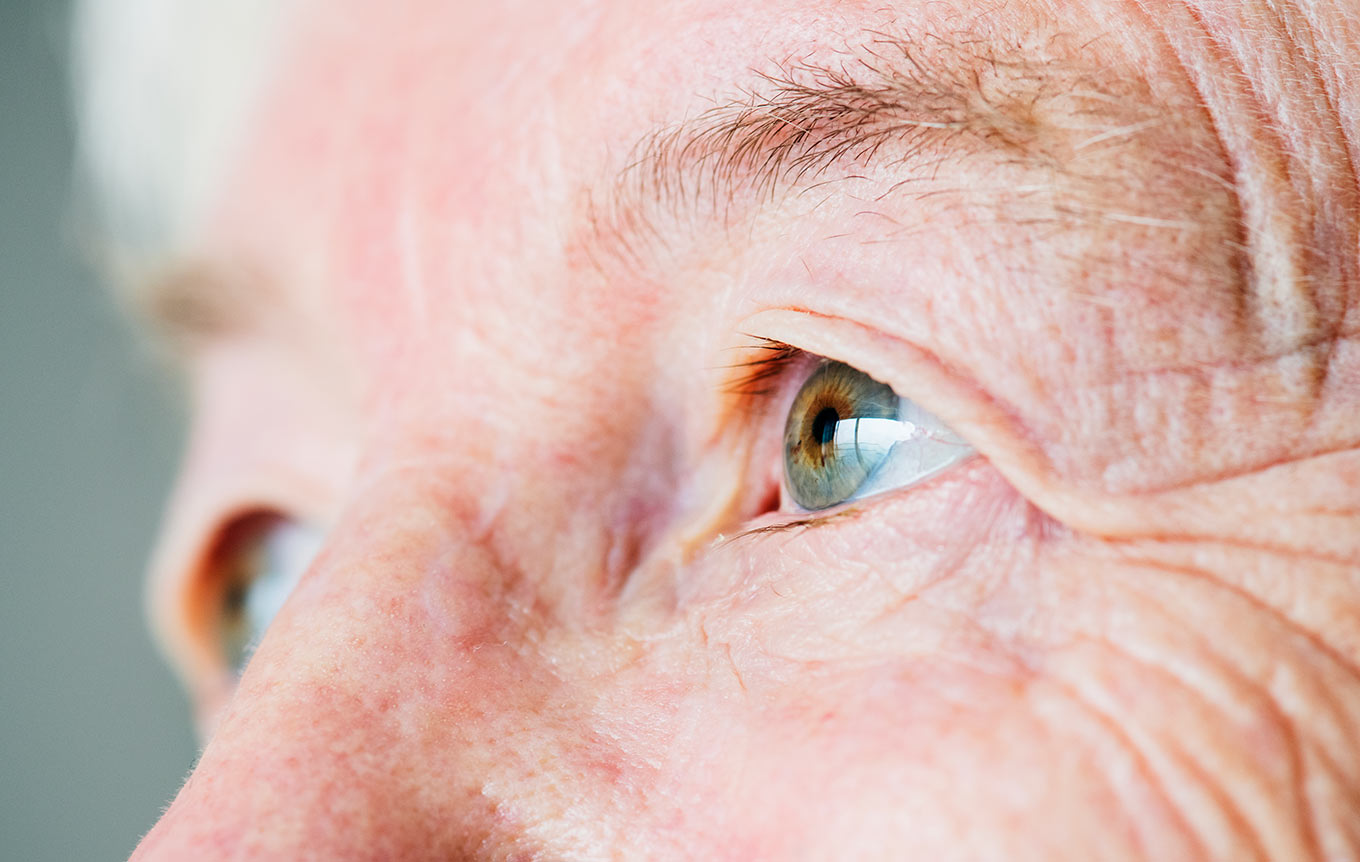Cataract surgery and the risk of developing late stage age-related macular degeneration
Cataract and age-related macular degeneration are two of the most common causes of vision loss in Australians. Aging has been consistently found to be associated with both cataract and AMD, with the latter being the leading cause of blindness in older people in Australia. AMD is a result of age-related changes in the function of the macula that cause progressive loss of central vision, leaving only peripheral or side vision intact.
About 85% of cases of ARMD are classed as ‘dry’ AMD. This is a slower form of the disease causing gradual loss of vision and it is due to cell death in the retina and the retinal pigment epithelium. The other 15% of cases are classed as the ‘wet’ AMD (sometimes also referred to as ‘late stage’ AMD). This is a more severe form of the disease (usually associated with rapid vision loss) and is caused by the growth of fragile new blood vessels into the retina that then leak and bleed, leading to scarring and loss of vision.

Cataract surgery in eyes with coexisting AMD alleviates vision loss from cataracts, however there has always been a concern amongst eye care practitioners and their patients that cataract surgery might pose an accelerated risk for AMD progression. There have been anecdotal reports of AMD getting worse after cataract surgery and earlier population-based studies observed an increased risk of late AMD in eyes that had a history of cataract surgery at baseline relative to those eyes that had not had cataract surgery. However, all clinic-based studies over the past 20 years have generally shown that there is not an increased risk of developing late AMD after cataract surgery.
The results of a recent study just published in the journal Ophthalmology confirm the previously reported findings of no link between cataract surgery and progression of AMD. In this study, analysis was performed of AMD patients who were in a randomized controlled clinical trial of oral supplementation for the treatment of AMD (the Age-Related Eye Disease Study 2 or AREDS2). The results showed that cataract surgery did not increase the risk of developing late AMD along AREDS2 participants with up to 10 years of follow-up.
I suspect that one of the reasons for this misconception that cataract surgery can increase the risk of AMD progression relates to the fact that clinical studies have clearly shown that cataract surgery can lead to progression in patients who have diabetic retinopathy. However, AMD and diabetic retinopathy are two distinct conditions with different aetiologies. The key point here is that AMD patients who would benefit from cataract surgery should be advised that the surgery is unlikely to lead to a progression of their AMD.
- Richard









